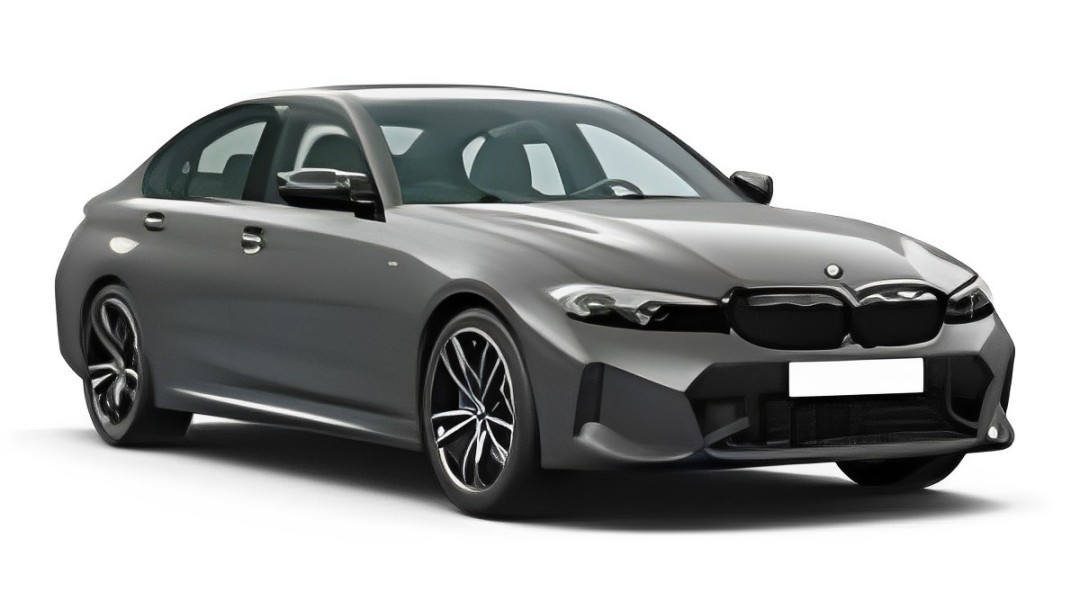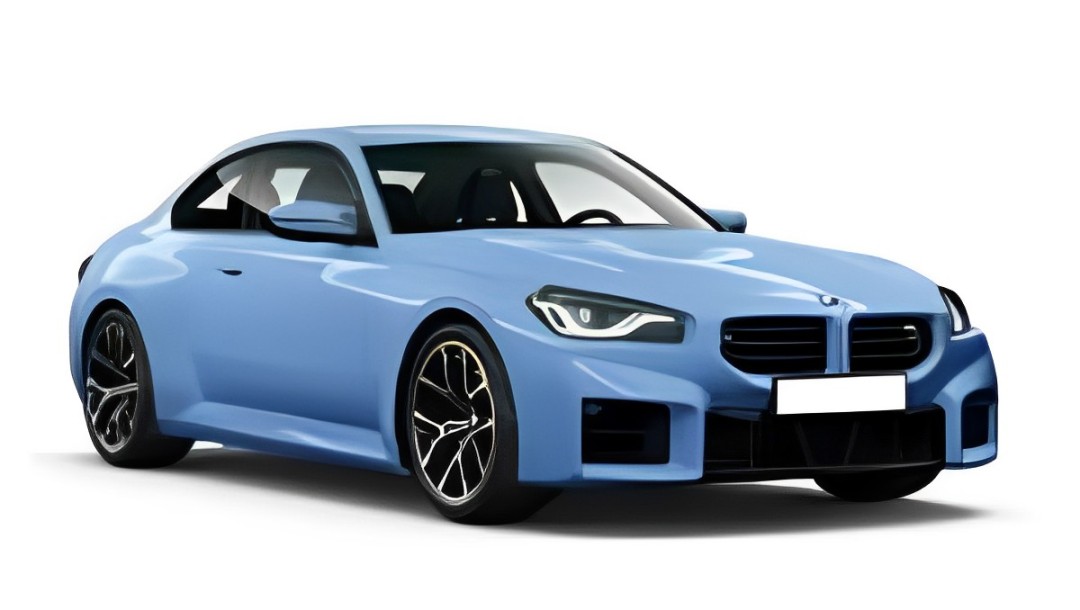It is firmly pulling the plug on the petrol-powered M3 sports sedan. Following an interview with BMW M’s top dog, Frank van Meel, the straight-six petrol engine will feature under the bonnet for the next-generation BMW M3.
- S58 straight-six engine made Euro 7 compliant
- Next-gen M3 likely to debut in 2027
In addition to the all-new, fully electric M3, internally codenamed ZA0, BMW M will also introduce the internal combustion-engined M3 that seems likely to carry over the existing model’s CLAR architecture. The newcomer will likely be known as the G84, with it following in the standard car’s footsteps with the availability of BMW’s S58 3.0-litre twin-turbo, straight-six petrol engine that is being worked on to meet Euro 7 emissions regulations.
Related: Compact SUVs Waiting Period This October
The M2, M3 and M4 are now all powered by the S58 engine.
There were actually some who thought that the next-generation M3 would first be available with a petrol unit and would be sold exclusively as an EV. However, BMW still believes that customers are very attached to their combustion engines, especially for M models, and they do not want to do without the inline six-cylinder any sooner than absolutely necessary.
BMW currently doesn’t sell the M3 in India but does sell the M2 (Rs 99.9 lakh), the M4 Competition (1.53 crore) and very recently launched the M4 CS (1.89 crore).
No Plug-in Hybrid, Thankfully
By all accounts, this G84 M3 won’t be a plug-in hybrid model like the M5. Two reasons in summary, but perhaps the most important one would be weight management.
Adding a large battery pack is essentially taking away from what makes the M3 agile and responsive features that have very much defined the model since its birth. Keeping it under M3 weight is paramount to ensuring that it maintains the handling and tracking capabilities most spur from the motorsport that inspired it.

Indeed, BMW M3 buyers are willing to prioritize more performance over a longer electric-only operating range. In contrast, those who commonly buy plug-in hybrids need even greater daily driving convenience through electric-only operation. As does Porsche’s hybrid 911, the M3 is too deeply entrenched in performance-first ideologies to make the mild-hybrid system the best way to balance driving excitement with emissions compliance.
Another packaging issue the M3’s smaller size creates is that of a PHEV layout. Adding that big battery pack, cooling systems, and electrical infrastructure probably would compromise both interior space and the overall balance of a vehicle. These issues are more pronounced in the larger M5 but for the M3, it’s kind of an ideal spot between power and weight for a mild-hybrid system.
With power believed to fall in the 530- to 560-hp range on the base model, the next-gen M3 is looking like a frighteningly potent performance machine that refuses to forget its roots as a track-ready machine. While it can’t come close to matching the M5’s plug-in hybrid system for sheer oomph, the G84 M3 offers a sensible balance of power and agility and, happily, without the absurdly oversized kidney grille. The new BMW M3 G84 won’t show up until 2028.
Read Also:

